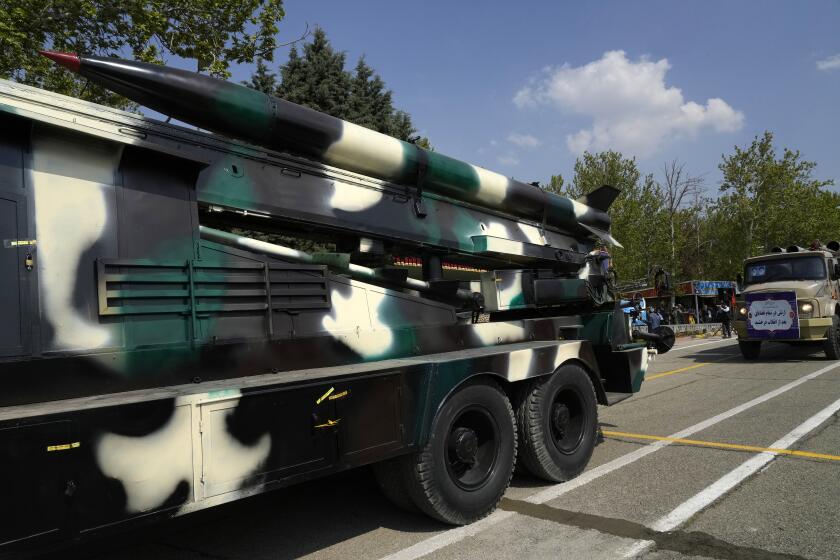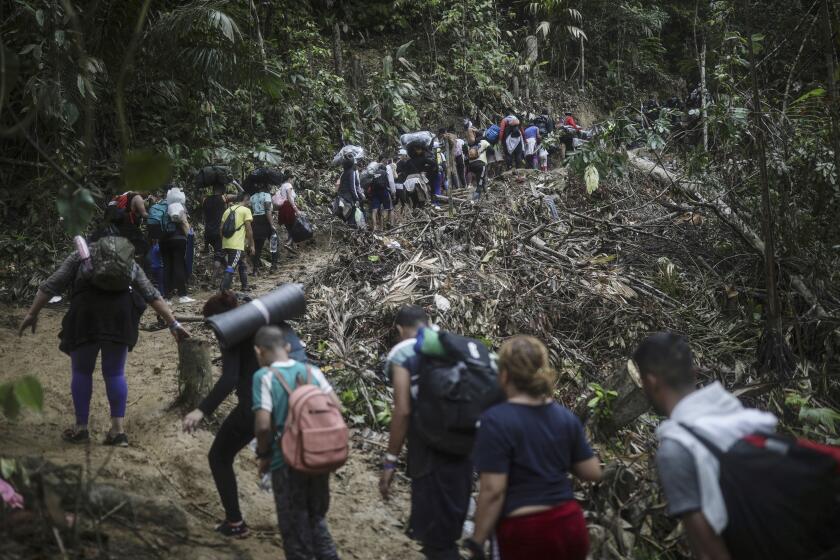UN proposes better education, security to protect religious sites
Greater efforts to educate and raise awareness among the public, as well as more security measures, are some of the United Nations ‘ recommendations to respond to the increase in attacks on religious sites, according to a plan presented by the international organization on Thursday.
The initiative was launched after the attacks last March on two mosques in the New Zealand city of Christchurch in which about 50 people died, and given the evidence that such attacks are increasing in frequency all around the world.
“Religious sites are powerful symbols of our collective consciousness. When people are attacked because of their religion or beliefs, all of society is diminished,” said UN Secretary-General Antonio Guterres upon presenting the initiative.
The UN chief was accompanied by the head of the international body’s Alliance of Civilizations (UNAOC), Miguel Angel Moratinos, whom Guterres had tasked with developing the plan over the past few months.
The 29-page document setting forth the elements of the initiative offers recommendations to prevent attacks on religious sites and also regarding how to respond if they occur, measures that will be the responsibility of the UN members states and the religious communities themselves.
“Logically, we don’t have a magic wand and one cannot eliminate attacks overnight, but I think that starting now what we’ll do will be to put more and more concrete, short-, medium- and long-term measures in place so that this problem can be regulated and there can be a better result,” Moratinos said in an interview with EFE.
On the subject of preventing such attacks, the UN is calling on countries to develop individual plans against violent extremism, to work with religious leaders to promote respect and to invest in education to increase tolerance for all faiths and those who practice them.
The international organization, meanwhile, is planning to launch its own global campaign to push for unity and solidarity among the different faiths.
In addition, during the coming months the UN will work to identify all the world’s religious sites and develop a map showing their distribution, which ones have been threatened and to identify the symbols of shared history.
The UNAOC prepared the Plan of Action to Safeguard Religious Sites in close consultation with governments, UN entities, religious leaders, faith-based organizations, civil society, young people, local communities, traditional and social media, the private sector and other relevant stakeholders.
Moratinos said that “The plan intends to be a result-oriented document that can provide better preparedness and response to possible attacks against religious sites,” adding that its “success ... will rest on its implementation and the sustained commitment by all stakeholders, in particular, member states, to work actively in the safeguard of religious sites, in collaboration with relevant actors.”
He also said that developing the plan was designed to show that “religiosity is something very important in societies of the 21st century, it’s not something that has been sidelined.”
The UN also plans to organize a huge conference next year where, for the first time, religious and political leaders from all over the world will gather to discuss how to implement the plan.
The plan does not recommend specific security measures at religious sites or houses of worship, developing such measures being left to the individual religious communities.
“A balance is being sought. Security measures must be taken, like they have at airports,” infrastructure locations or sports events, Moratinos said.
Guterres, meanwhile, emphasized that the new action plan complements the strategy against hate speech that the UN launched in June.



